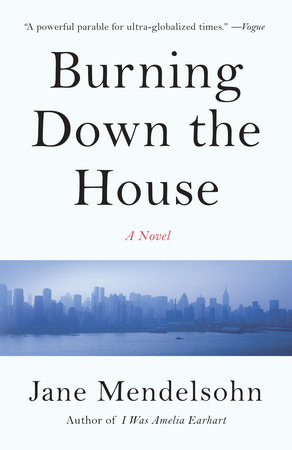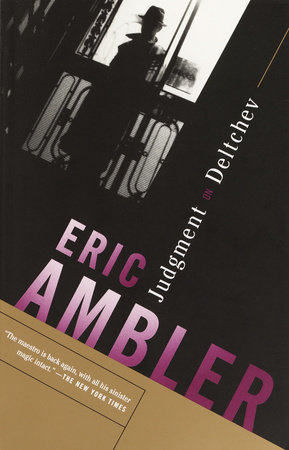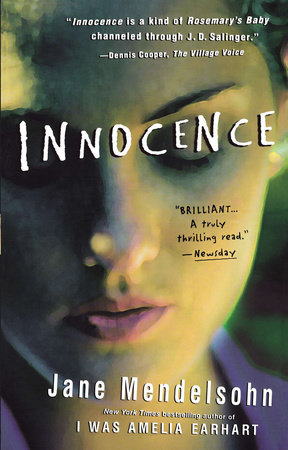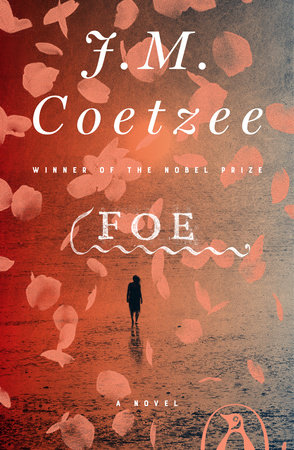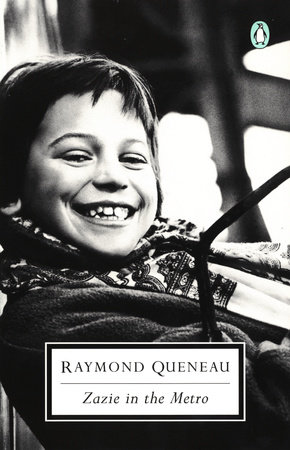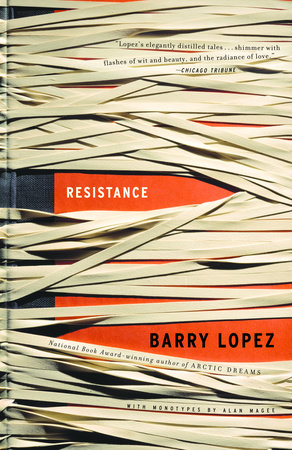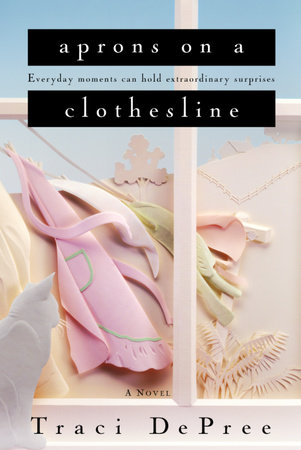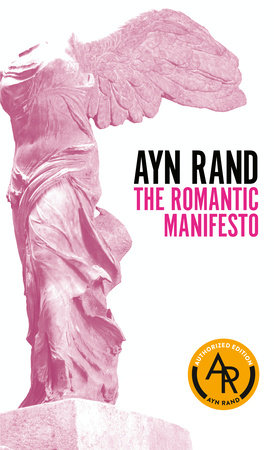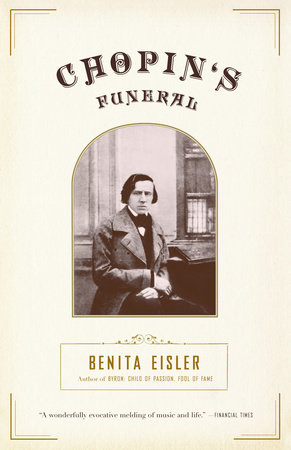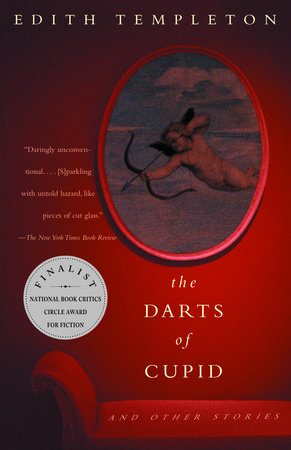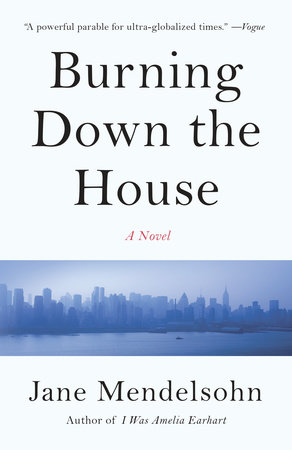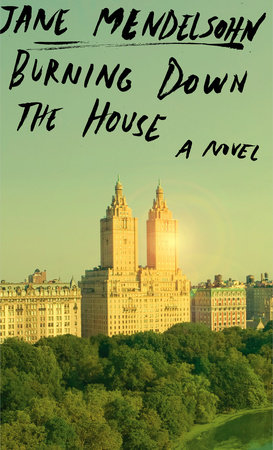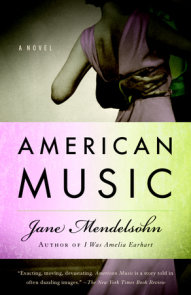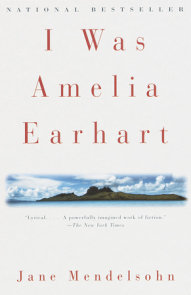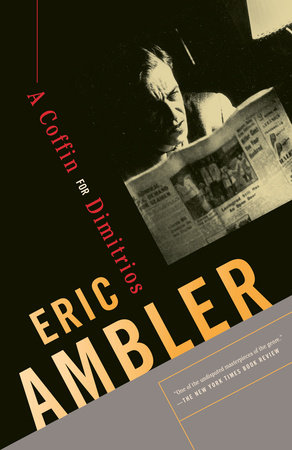Author Q&A
Q: There are so many layers to your new novel, BURNING DOWN THE HOUSE: family drama, the division of wealth (in NYC and beyond), international relations, social justice issues. But let’s start with the nexus from which all these themes spread: the Zane family. They are fantastically wealthy, but beneath the surface they are struggling—with one another, with outside forces. When you set out to write this story, did you first envision the Zane family, or the world you’ve created around them?
A: The story began with a few characters—Poppy, Ian, and Neva—and gradually expanded to include the whole Zane family and the world they inhabit. I hoped to write a classic family novel with very contemporary, twenty-first century problems; modern and tragic, but also a bit baroque and Victorian. I was interested in the intersection of today’s world—global, technological, violent—with individual, personal stories. Neva, who is not a member of the family, but an outsider whose life connects with the Zanes, was actually the first character that came to me—a heroine whose journey is almost mythic. Then, as a kind of foil to her, Poppy emerged. They are two women from opposite worlds whose lives become inextricably connected through this family.
When I think back on the inspiration for the book I realize that in many ways it grew out of fear, and a desire to confront my fears. This wasn’t conscious when the novel first came to me, but I do think we’re living in a time characterized by a lot of fear and I felt a need to address that in some way. I’m always interested in women’s stories, and now as a mother, with what lies ahead for my daughters. In Burning Down the House, I played out an extreme version of what perhaps could have happened to me if instead of being born in New York City in the twentieth century I’d been born recently in Russia, or Eastern Europe, or Austria, all places my family emigrated from in the nineteenth century. And I also unfurled a nightmare scenario for Poppy, the teenager at the heart of the book—the nightmare of what could happen to a daughter if her mother weren’t around to protect her. The fear any mother, any parent, has in today’s world. I suppose I wanted to play out that fear so that I could look at it and hold it, face it, and move through it.
Q: Though much of the novel is based in New York City, the story takes us to London, Rome, Laos, Istanbul. Why was it important for you to write the Zanes into so many locales, rather than focus on their lives in the upper echelons of New York society?
A: The Internet and technology have created a world where national boundaries mean a lot less than they used to— and the Zanes live in a sphere where they are not contained in any one city or country. They are as familiar with parts of London, Rome, Istanbul—and even Laos—than they are with certain parts of the city they live in, New York. Which is why when Poppy descends and is taken away from her home—to the outer boroughs, to New Jersey—she feels much farther away than when the whole family is in the English countryside.
The Zanes emerged as a very rich family because that’s who has access to much of the globalized world, but I was most interested in their personal interactions, psychology, and perceptions. Placing the universal, timeless concerns of familial relations against an international backdrop seemed to highlight both the ways in which the world has changed so immensely and at the same time the ways in which it remains exactly the same. People are still people, with intense feelings, conflicts, and flaws. They have difficulties and also the ability to overcome those problems, if they can find the strength.
Q: As readers, we’re exposed to many (sometimes opposing) viewpoints throughout the novel. Do you see one voice as most central, or truest, of all?
A: Such an interesting question. Writing is so much about compassion and empathy; I see all of the viewpoints in the novel as worthy of attention. But mainly I was attempting to show a range of perspectives, a range of human feeling and conflict, and how these different voices orbit around and bounce off of one another, changing or not changing, creating new worlds. Poppy’s journey may be the emotional center of the book, but Neva’s strength, Ian’s change, Felix’s wisdom, Steve’s complexity, all of these are interesting points of view. All of the characters are struggling, most are quite tormented, all are vulnerable in some way or another.
Q: Of the many viewpoints in the novel, Poppy’s is arguably the strongest, and yet she is a teenager when we meet her. How did you get into her head, and how was it different to write her story as compared to the adults around her?
A: I have two daughters, and I often think about the struggles teenagers today face, whatever their backgrounds. Adolescence is such an interesting and challenging time of life, and I remember it pretty well. I grew up in New York City, so I certainly brought some of my own experiences, in a very heightened form, to bear on the character of Poppy. But she’s also a creation of the present day and my effort to explore what life must be like now, growing up in this new century. My daughters are growing up in New York City now, and it’s both so much like the city of my youth and so completely different—I find the similarities and the contrasts completely fascinating.
I have a lot of respect and compassion for teenagers and young adults today. I think they are often judged harshly given their circumstances, so I wanted to make Poppy’s conflicts emotionally real. She’s meant to be heartbreaking and entertaining and difficult. She’s a handful. But she’s got a lot to deal with, and that makes her interesting. And in the end she finds strength to move forward in her life, beyond her problems, which is hopeful.
Q: A central plotline revolves around the (often considered taboo) sex trade. Why was it important for you to write this thread into the novel? How did you conduct your research on this often-untouched topic? Did you find it hard to write about?
A: I became aware of the issue of sex-trafficking in New York City when a friend invited me to become involved in an organization called Sanctuary for Families, which began as a service for victims of domestic abuse and have several shelters around the city. As I learned more about them, I discovered that they were expanding their reach to deal with victims of sex-trafficking after finding that many of their population were both victims of domestic abuse and sex trafficking, and that the problem was right here, on the streets of New York City.
This was shocking to me. I attended lectures and meetings to learn more about the issue. And read as much as I could find. What I learned struck me on many levels—as a citizen, a woman, a mother, and a New Yorker. The stories are harrowing. The numbers are shocking. And the problem seems to intersect with so many of todays issues—globalization, violence, the vast social inequities that disturb so many of us. They are difficult problems with no easy answers, but are very relevant to all of us.
Q: There are elements of Greek tragedy here: was this a deliberate choice? It certainly heightens the drama in the novel.
A: Yes, the elements of Greek tragedy in the novel were deliberate. I love Greek drama—it’s the source, after all. The psychology and intensity, the depth of feeling set against larger than life stories, the embodiment of inner forces: it’s so powerful, so human, and seemed so fitting with the heightened, panoramic scope and at times surreal events of the world today.
Q: Who are your literary influences?
A: There are so many writers I admire and the list of influences would be too long to write here. But some of the writers who immediately come to mind are: Virginia Woolf, Marguerite Duras, George Eliot, Flaubert, Cormac McCarthy, Alice Munro, Jean Rhys, Chekhov, Turgenev, Salinger, Thomas Pynchon, Garcia Marquez, Kafka, Isak Dinesen, Henry James.
I like a book that takes you for a ride, an experience, where the story and the writing together create an extra dimension, a very specific journey that puts you in touch with the writer’s sensibility and states of feeling. I find reading a book to be a meeting of minds—the reader’s and the writer’s. It’s an intimate experience.
Current writers I admire a lot are Edward St Aubyn, Elena Ferrante, and Knuasgaard. My writing is not, on the surface, very similar to theirs. But I think the concerns of family and generations and intense emotion as well as the intersection of the personal and the larger society, are related. I was definitely influenced early on by Jamaica Kincaid; she has a fierceness and an interest in experimentation as well a concern for women and the disenfranchised that I admire. And I loved Patti Smith’s Just Kids: it captured an era in New York so evocatively. I’m very interested in women’s lives, how women can be the heroines of their own lives, and Patti Smith embodies that in an inspiring way
Q: What are you working on next?
A: I’m researching a new novel, but it’s a little early to talk about it! What I’m actively involved in right now is a musical adaptation of my last novel, American Music, in collaboration with the American Repertory Theater in Cambridge. I’m working on the book and the lyrics, and as that project developed, art began imitating life: I was finishing up Burning Down the House, in which a character directs a stage musical, so I had some first hand experience of that world. It’s very exciting to be working with some amazing people, but I’m also looking forward to the solitude of working on a new novel. I like the balance of the two.
